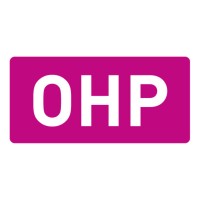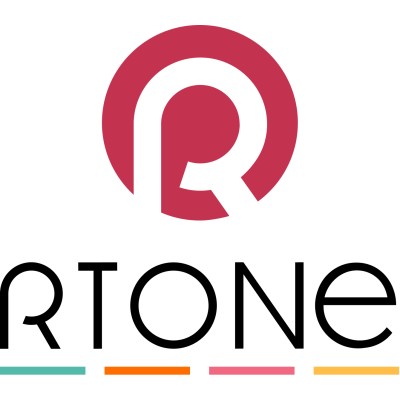Companies that use Moby
Moby is a project which provides a “Lego set” of dozens of components, the framework for assembling them into custom container-based systems, and a place for all container enthusiasts to experiment and exchange ideas. Docker the product will be assembled from components that are packaged by the Moby project.
184
companies













